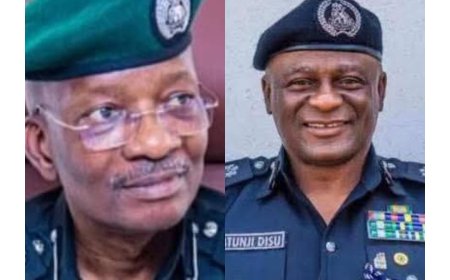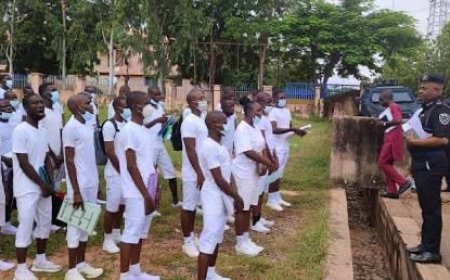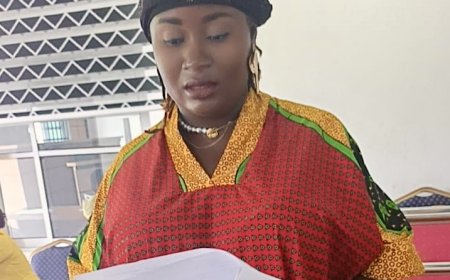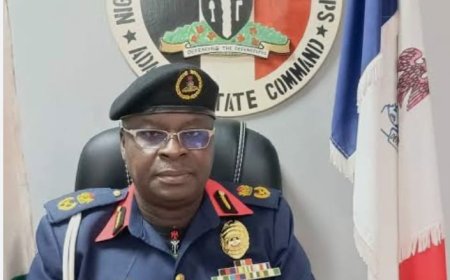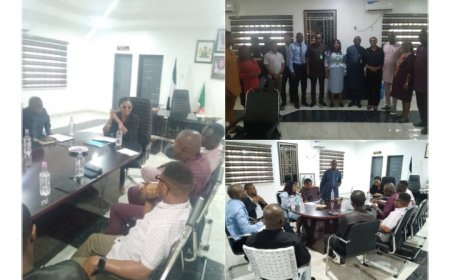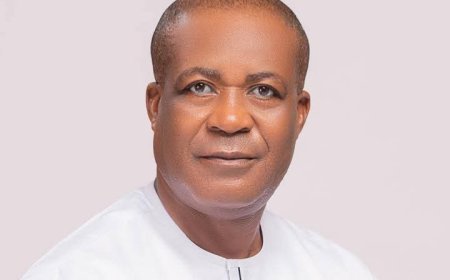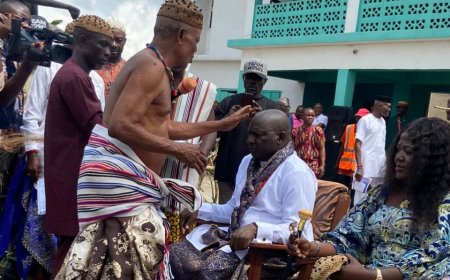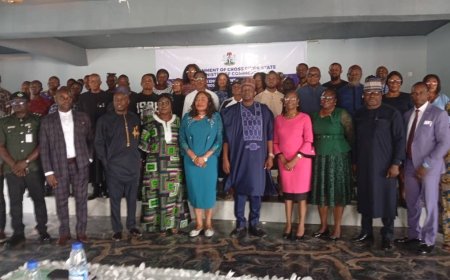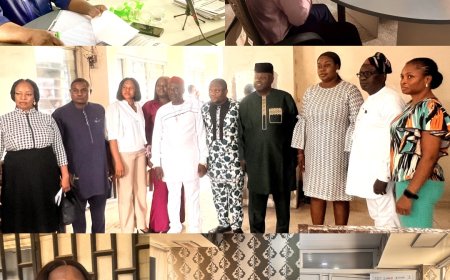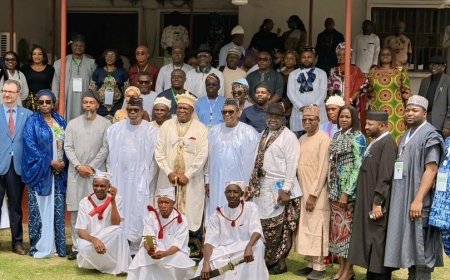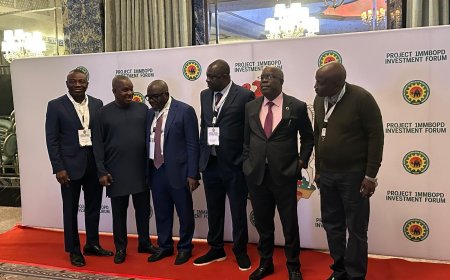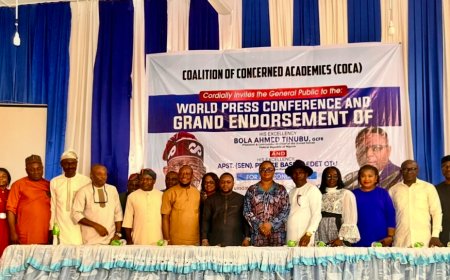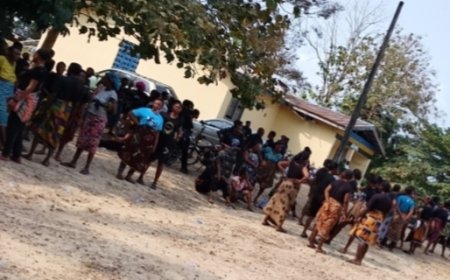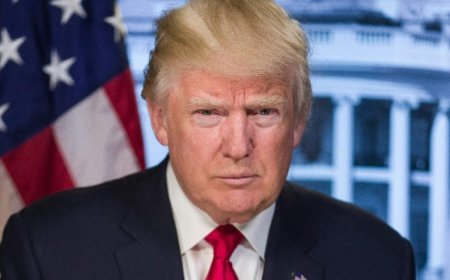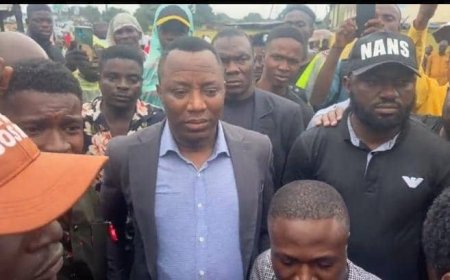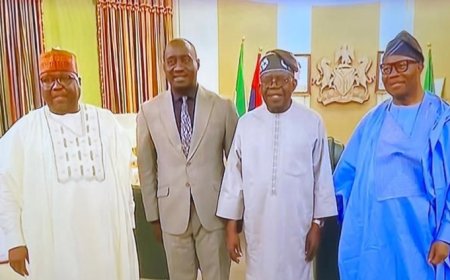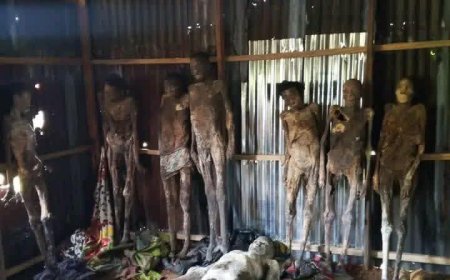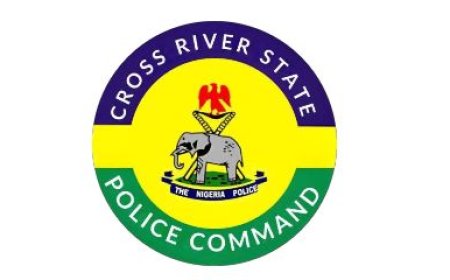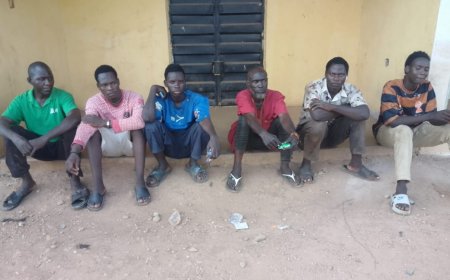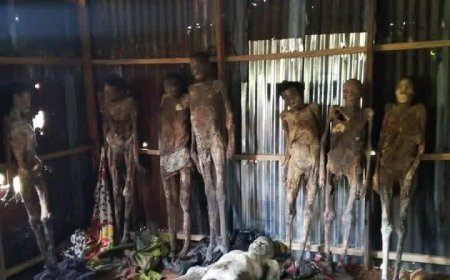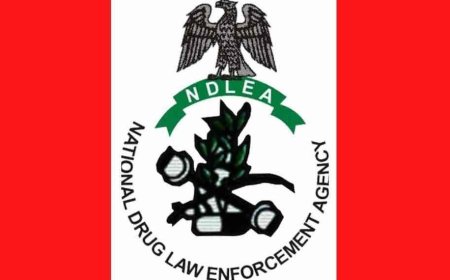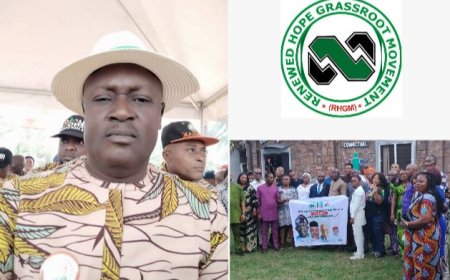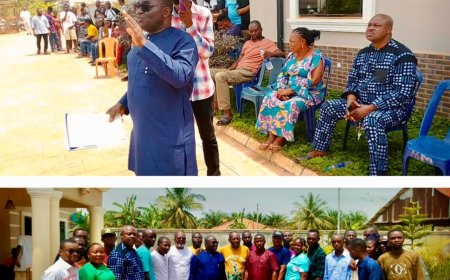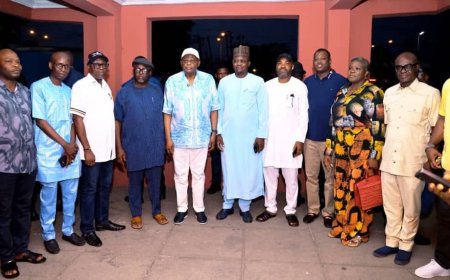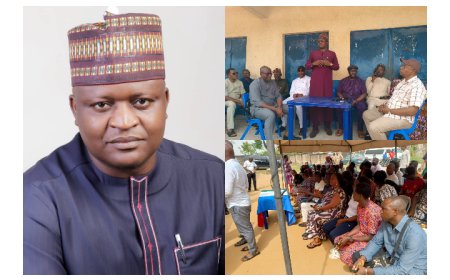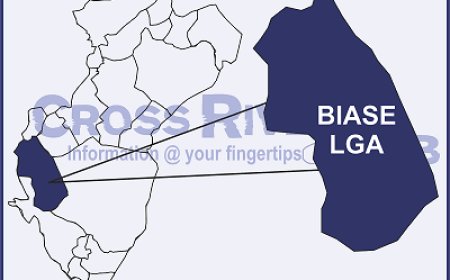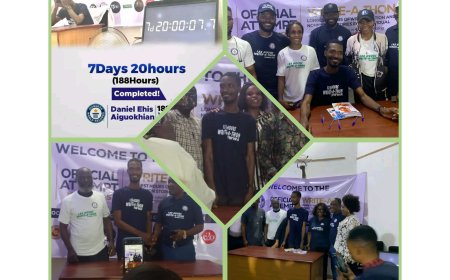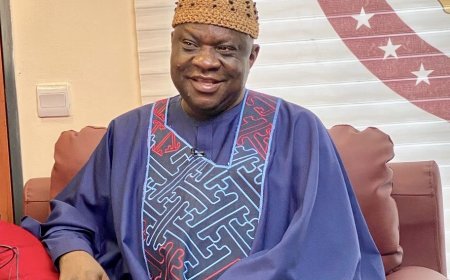State creation: Ned Nwoko Renews Push for Anioma State
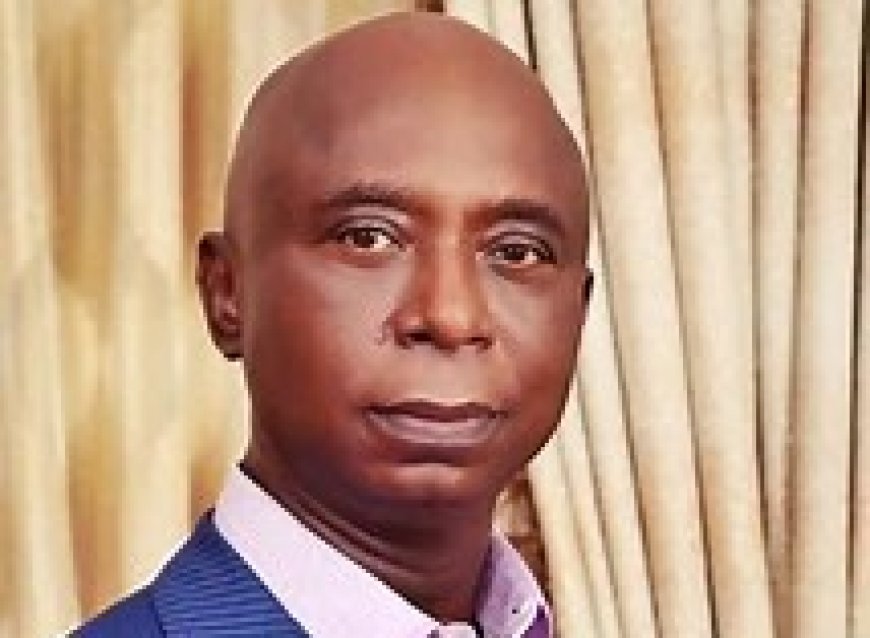
The lawmaker representing the Delta North senatorial district in the National Assembly, Ned Nwoko, has renewed the push to create Anioma from the present Delta state.
Nwoko sponsored a bill to alter the 1999 Constitution, which was amended to create Anioma state from the present Delta state before the Senate Committee on Constitution Review.
As the National Assembly prepared to vote on Constitutional Alteration bills upon resumption on September 23, 2025, the lawmaker insisted on creating an Anioma state from the Delta in the Southeast region to balance the system.
According to him, the Anioma people spread across nine Local government areas are geographically nestled in the Delta North senatorial district but share a long history and rich cultural ties with the Igbos, hence they are Igbos in every sense: by language, tradition, blood and identity.
“Anioma has always been part of the great Igbo nation; it is our cherished heritage and reality. Our communities in Oshimili, Aniocha, Ika, and Ndokwa share ancestral trade and commerce, cultural, linguistic, and geographic bonds with the Igbo people across Niger.
“On trading characteristics, our market days are the same: Eke, Orie, Afo and Nkwo. Similarly, our cultural affinity is undeniably intertwined as our masquerades, from Mgba to Okanga, mirror those in Onitsha, Nsukka, Awka and Owerri.
“Furthermore, linguistically, our names, Okonkwo, Nwafor, Nwanze, Odili and Nkemdilim, are the same nomenclatures you find across the Igbo nation. Morphologically, words such as bia (come), nua (welcome) also show profound connections and linguistic leaning between Anioma dialects (i.e. the dialects of the people of Delta North Senatorial District) and Igbo language, proving beyond doubt that Anioma people are part of the greater Igbo ethnolinguistic family.
“Delta North’s people have always been described as Midwest Igbo, Ika Igbo and Bendel Igbo. Even the government of Delta State, in its official ethnic classification, tells us that we are Igbo.
“Today, we are often described as Delta Igbo, which reflects our location within Delta State but does not erase an incontrovertible truth that we are part of the Igbo group. So, our actuality is constant: Igbo is Igbo.
“On geography, the map of Igbo land itself testifies to this reality. Asaba, Ibusa, Ogwashi-Uku, Illah, Agbor, Kwale, Aboh, Ndoni and other Anioma communities appear firmly within the boundaries of the Igbo nation. Geography confirms what history and culture already prove: Anioma is Igbo land,” Nwoko argued.
He said the creation of Anioma state is not just a regional demand but both a historic correction and a political necessity, adding that it is a matter of national justice.
The lawmaker argued that the South East is the only zone with five states. In contrast, others have six or seven, saying the imbalance translates into fewer senators, fewer representatives, fewer local governments and less federal allocation.
“Anioma, as an Igbo homeland west of the Niger, is the natural candidate to correct this injustice. Therefore, creating the Anioma state will fulfil Nigeria’s promise of equity and fairness. Anioma State will not divide Nigeria; it will strengthen it.
“It will not isolate Anioma; it will integrate the Delta North Senatorial District into the federation. It will reinforce its Igbo lineage and identity, and affirm it on Nigeria’s map. Anioma is strategically placed. With Asaba as its capital, Anioma State will stand as a bridge between East and West, North and South.
“Geographically, Anioma is centrally positioned, hosting Asaba, already the capital of Delta State and a gateway city with direct access to the Niger Bridge and the South East, ” he said.
Regarding the proposed state’s viability, Nwoko said that economically, Anioma is rich in fertile agricultural land with immense potential for rice, cassava, palm produce, and fisheries.
“Again, Anioma’s natural resources position it as one of Nigeria’s strongest energy bases. Six of the nine Local Government Areas in Anioma host huge oil and gas companies, particularly in Ndokwa, Ika and Oshimili zones. Ndokwa alone is home to some of Nigeria’s largest gas reserves, including the Okpai Power Plant, which supplies electricity to the national grid.
“Therefore, our economic contributions to Nigeria are tremendous and undeniable.
In addition, Anioma is a reservoir of human capital. Anioma people are highly educated, entrepreneurial and globally connected.”From academia to business, politics and sports, media and entertainment, Anioma sons and daughters have distinguished themselves. In culture and tourism, Anioma boasts a rich cultural heritage, historic festivals, and landmarks like the River Niger, making it a hub for cultural diplomacy and tourism.”
All said, Anioma state creation will unlock these potentials, attract investment, create jobs and empower the next generation. This will not only honour the past but also secure the future.
Anioma’s Role in Nigeria’s Unity. Anioma has always been a bridge. We are Igbo by heritage, but have lived as neighbours with Urhobo, Itsekiri, Ijaw, Isoko, Edo and Yoruba. Anioma’s unique position makes our people natural peacemakers, connectors and unifiers.
“Also, creating Anioma state will honour our martyrs, heal our wounds, preserve our heritage and secure our children’s future. As such, Anioma state will be: a symbol of reconciliation; a final healing of war wounds; a recognition of Anioma’s sacrifices; and a step towards greater national balance. More profoundly, it will consummate the vision and legacy of the legends who pioneered the movement to create the Anioma state in 1954.
“Anioma people are not to be erased or silenced; instead, they are to be recognised, celebrated and established. Anioma people deserve a state; Anioma State is the future, and the time is now. As Senator representing Delta North, I clearly support Anioma State’s creation. It is not a privilege to be begged for, but a right long denied and justice long delayed.
“Again, my quest for ANIOMA is not personal or political. The sustained marginalisation of Anioma people and the struggle for self-identity since colonial times rekindled my agitation for the creation of the Anioma state. It is a stoic desire for a new dawn of Anioma renaissance,” he added
Source: Leadership
